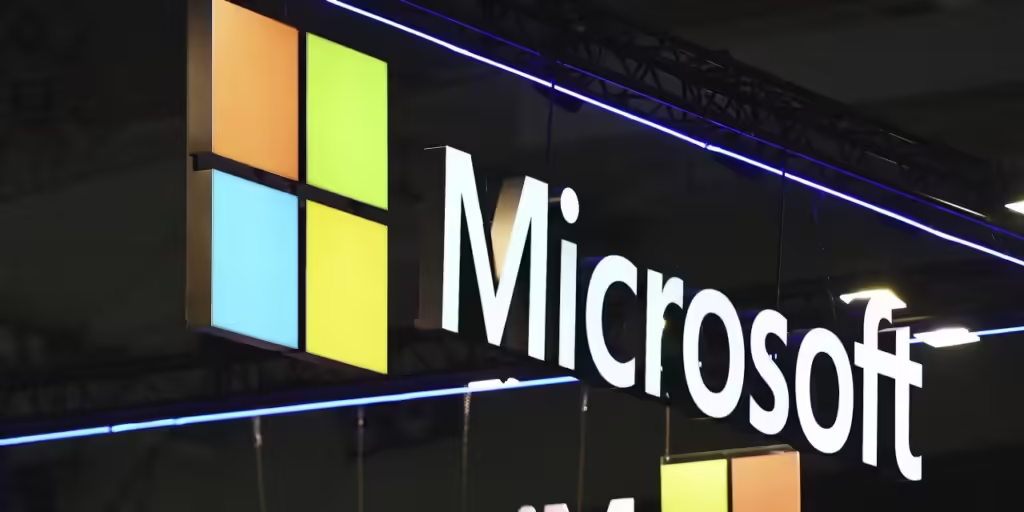Microsoft’s deal with Inflection AI is drawing scrutiny from the Federal Trade Commission (FTC), according to The Wall Street Journal. The investigation stems from Microsoft’s acquisition of almost all Inflection AI employees, including founders Karén Simonyan and Mustafa Suleyman, a co-founder of DeepMind. Additionally, Microsoft paid $650 million to license Inflection AI’s artificial intelligence technology. The FTC is examining whether the companies structured the deal to circumvent regulatory antitrust review deliberately.
Federal regulations mandate that companies report acquisitions valued at $119 million or more to antitrust agencies. Subsequently, the FTC or the Justice Department can assess whether such deals hinder competition in the industry and take legal action to block them if deemed anti-competitive. While companies typically acquire another firm outright when seeking to hire all its talent—a practice known as “acquihire”—Microsoft’s approach with Inflection AI differs. Despite the significant investment and talent acquisition, Inflection AI maintains that Microsoft does not exert control over its operations. Ted Shelton, the company’s new COO, emphasized that Inflection AI continues to operate independently under new leadership.
The FTC has issued subpoenas to both Microsoft and Inflection, requesting relevant documents spanning the past two years. If the FTC finds evidence suggesting that the companies structured the agreement to grant Microsoft control over Inflection while evading regulatory review, Microsoft could face fines, and the transaction might be suspended pending further investigation.
In recent years, US federal agencies have intensified their crackdown on monopolistic practices by major tech companies. To enhance the efficiency of antitrust investigations involving leading players in artificial intelligence, these agencies have divided their responsibilities. The Justice Department will spearhead investigations concerning NVIDIA, while the FTC will oversee antitrust probes involving Microsoft and OpenAI. This strategic collaboration underscores the growing importance of regulating the rapidly evolving AI industry to ensure fair competition and prevent anti-competitive practices.
The investigation into Microsoft’s deal with Inflection AI reflects broader concerns about the consolidation of power in the tech industry. As companies like Microsoft expand their influence through acquisitions and strategic partnerships, regulators are increasingly vigilant about potential anti-competitive behavior. The outcome of this investigation could have significant implications for how tech companies structure their deals in the future and may shape the regulatory landscape for AI development and deployment.
The rise of AI has brought about unprecedented opportunities for innovation and economic growth. Still, it has also raised concerns about privacy, fairness, and competition. Regulators are grappling with how to strike the right balance between fostering innovation and protecting consumers and competitors from potential harm. By investigating deals like Microsoft’s acquisition of Inflection AI, the FTC aims to ensure that the tech industry operates within the bounds of fair competition and does not engage in practices that stifle innovation or harm consumers.
Microsoft’s deal with Inflection AI underscores the growing importance of artificial intelligence in shaping the future of technology. As AI becomes increasingly integrated into various aspects of our lives, the companies that develop and control these technologies wield significant power and influence. Regulators are keen to ensure that this power is wielded responsibly and that competition in the AI sector remains robust and fair.
Ultimately, the outcome of the FTC’s investigation into Microsoft’s deal with Inflection AI will have far-reaching implications for the tech industry as a whole. It will not only determine the fate of this particular transaction but also set precedents for future deals involving AI technologies. As the pace of technological innovation accelerates, regulators face the challenging task of keeping pace with these developments and ensuring that they serve the public interest.
If you like the article please follow on THE UBJ.
